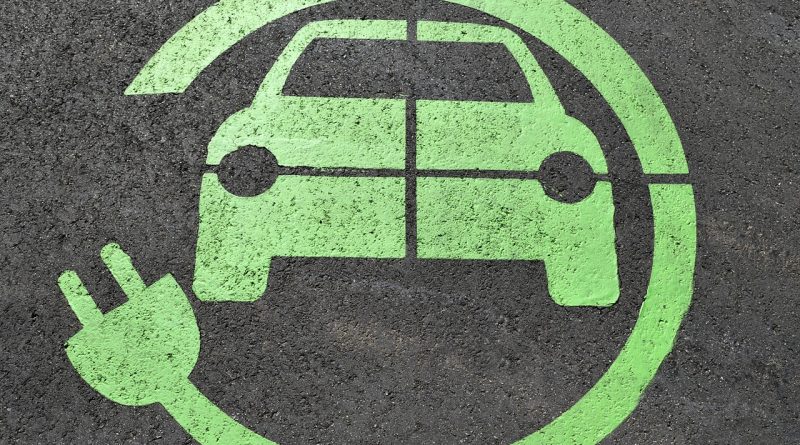A Case For Electric Cars: Part 3 – Alternatives
Why an electric car? What about Biofuel… or Alcohol… or Natural Gas (CNG)… or Hydrogen? A very good question (or series of questions). Let’s take a look at the fundamental difference between electric propulsion and other alternate fuels.
Simply put: Electric motors do not explode. All other alternative fuels must be ignited, causing contained explosions that cause violent internal motion to drive a shaft. Every bit of engineering that goes into an internal combustion engine involves keeping these explosions, and the heat associated with them, controlled. That goes for bio-diesel, ethanol (and all other alcohol-based fuels), CNG (and all other natural gas derivatives), and Hydrogen. The electric vehicle burns nothing, and therefore has zero-emissions. With burning comes emission. With emissions comes… the EPA.
Ironically, the Clean Air Act is one of the biggest factors holding back alternative fuel conversions. Each and every internal combustion engine (ICE) off the line is meticulously inspected and given the federal seal-of-approval. Did you know that tampering with the emissions system of a vehicle’s engine is a federal crime? Most people don’t realize that. To legally overcome this, each converted engine type must be inspected at the cost of the individual or company converting it and a permit must be applied for, at a cost of $50,000 initially, and $10,000 every year afterward – per engine. Any given vehicle can have at least 2 engine types per model year. This makes a legal internal combustion conversion unreachable for the individual, and burdensome for any company. You can get around this by converting a much older car (pre OBD-II computer), say 15 years old or more. So, yes, I could convert my ’87 Volvo to run on propane or CNG (something I’ve been thinking of doing), and still be legal, but then I have to determine if it is going to last long enough to pay for itself when it’s already falling apart at the seams. So, if you really like your ’92 Buick or your Olds 88 and you’ve taken immaculate care of it, by all means, convert it to CNG (that is if you can find a mechanic who will do it – I don’t recommend tackling this one yourself).
On the other hand, why don’t big car companies just start building all their cars to run on bio-fuel, Ethanol, CNG, or all of the above (e.g. Flex-fuel)? Another excellent question. One that is not so easily answered. Sure, most car companies have been slowly developing these vehicles and introducing them to the public even slower – or not at all. Honda is a perfect example. They’ve developed a CNG-powered Civic and a beautiful hydrogen fuel-cell vehicle, Called the Clarity. These are on-the-road-now, proven-to-work vehicles. Technologically speaking, we are already there. Implementation is another matter. When asked why we can’t get these, they simply say, “no demand” or “no infrastructure.” Car companies seem to be waiting for infrastructure (e.g. alt-fuel stations), the infrastructure seems to be waiting for people, and the people are waiting for the cars. It is difficult to justify the cost of infrastructure if there are few alt-fuel vehicles on the road. Kind of a chicken-or-egg thing.
Given the obstacles and the cost involved in most alternative fuel conversions, it is just not practical at this time for most people. But electric cars are entirely different. Imagine taking your newly converted EV to the emissions testing station, then just sit and watch them look for a tailpipe. “Oh, I forgot to tell you… It’s electric.” Test passed.
If you want a late model alternative fuel vehicle (10 y/o or newer), going electric is your best option right now. I’m converting my car to electric right now, and you can join me. Check out my web site for some ideas.
If you’re itching to get a jump start on converting your car, truck or SUV to electric, the most up-to-date EV conversion book was written by Gavin Shoebridge, the New Zealander who converted his own car from scratch with no prior experience and posted it on YouTube. You can read my EV book review. Or if you are serious about moving forward, you can go ahead and try Electric Conversion Made Easy.
In part 4, let’s take a look at the future of electric cars.


